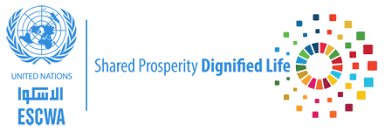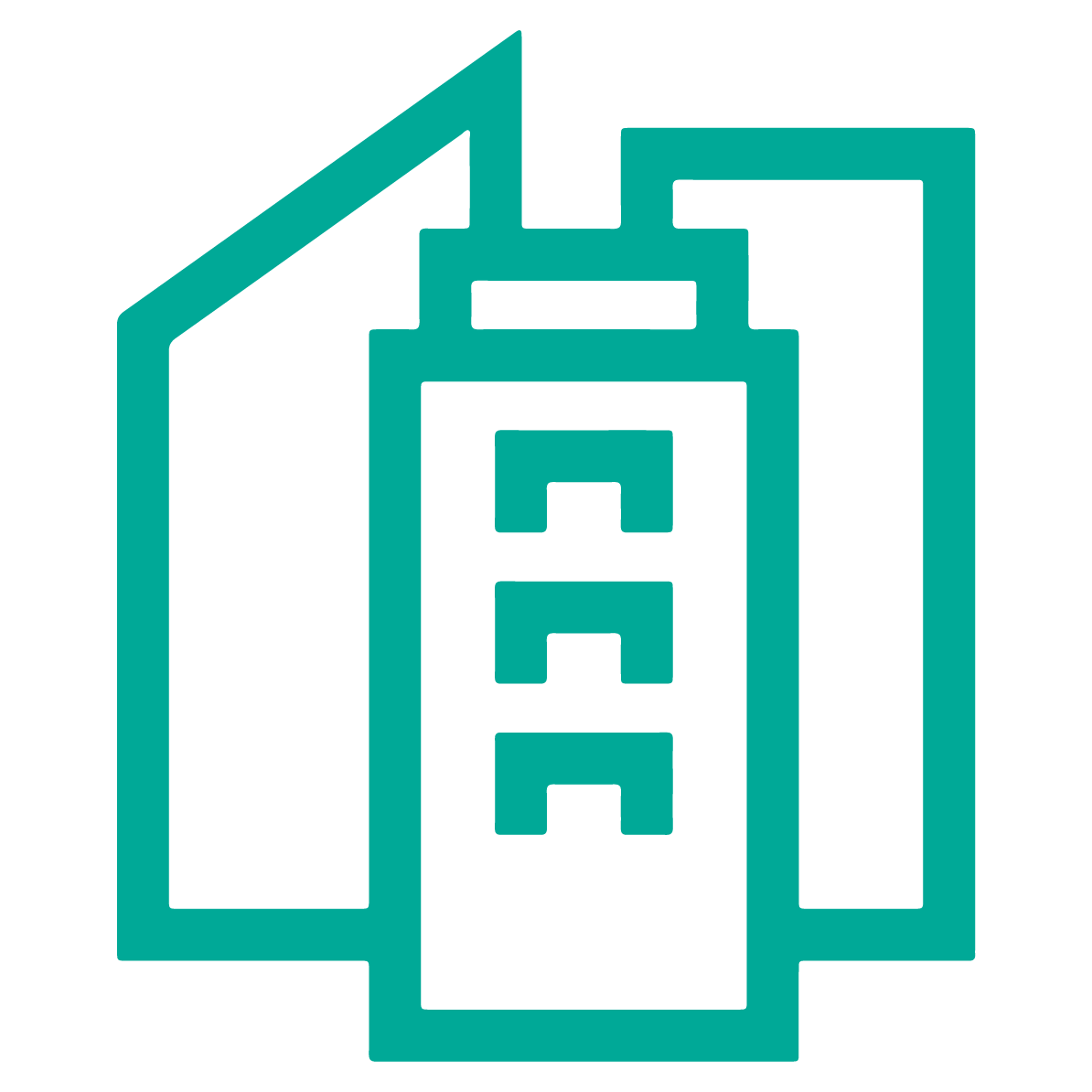UN Economic and Social Commission for Western Asia
UN Economic and Social Commission for Western Asia

ESCWA brings together development-related topics with policy advice in priority areas for the Arab region.
About
ESCWA’s focus on urban development expanded to become one of eight main initiatives within the inclusive development component of the cluster on “Gender Justice, Population and Inclusive Development” which supports Arab countries in achieving justice for all. During the reporting period, particularly in 2019, ESCWA studied the importance of inclusive urban safety and the role of technology in achieving it and introduced it in the recommendations of its two committees on technology and women. ESCWA also embarked on exploring the 4th Industrial revolution and the potential of smart technologies in addressing challenges and creating opportunities in the region to achieving sustainable development, including sustainable urban development. In 2020, ESCWA further explored the area of Technology and Innovation for the Development of Land Transport in Arab Countries. Since the end of 2019, the COVID-19 pandemic altered significantly urban life and highlighted the timely need to explore the resilience aspect of cities.
Accordingly, ESCWA expanded its focus to cover urban resilience, particularly, urban economic resilience and recovery during and after COVID-19 in the Arab region noting that safety and resilience are two complementary concepts lying at the core of the 2030 Agenda though Goal 11 and the NUA (Articles 53 and 66). Building on the momentum of local-sub-national and national communication for sustainable development, ESCWA’s focus on urban development expanded to supporting Arab cities in developing their voluntary local reviews (since 2021) in an attempt to inform the Voluntary national reviews and ensure this national-local dialogue.
ESCWA has been progressing in advancing sustainable urban development in the Arab region following an inclusive process. Two major programmes to mention are the “Interregional Cooperation for the Implementation of the New Urban Agenda (NUA)” and “Building Urban Economic Resilience During and After Covid-19”. The Interregional Cooperation for the Implementation of the NUA (2020-2023) project is being implemented in nine cities, two of which are from the Arab region, namely, Amman (Jordan) and Agadir (Morocco). It aims to improve policy coherence amongst member states for the implementation and monitoring of the 2030 Agenda and the NUA. Throughout this project, ESCWA generated localized knowledge on the New Urban Agenda in the form of manuals and e-learning material in support of strengthening capacities of national and local authorities and relevant stakeholders. Also, through this project, ESCWA in close coordination with UN-Habitat is supporting the two Arab cities in developing their Voluntary Local Review (VLR), making them the first cities in the Arab region to undertake their VLRs.
Beyond their reporting role, VLRs have proven to be powerful accelerators of the SDG localization process worldwide. The project on “Building Urban Economic Resilience During and after Covid-19” is being implemented in 16 cities including 3 from the Arab region namely, Alexandria (Egypt), Beirut (Lebanon) and Kuwait (Kuwait). It assists cities and their local governments in becoming more economically resilient by drawing a baseline for their performance about urban economic resilience and designing recovery plans that tackle the challenges and gaps identified in these resiliency areas. The project advocates for core concepts in the NUA including building resilience through an inclusive process that leaves no one behind and using smart digital solutions as means of implementation. It focuses on the role of local governments as active players in achieving sustainable urban development and calls for local level reviews in support of monitoring and following up on the progress made in implementing the NUA.
The Arab Forum for Sustainable Development is organized annually by ESCWA in collaboration with other United Nations entities operating in Arab countries and the League of Arab States. The previous session was held from 15 tp 17 March 2022. It brought together Arab governments and a broad range of stakeholders to address sustainable development priorities from a regional perspective, discuss progress, review national experiences, and enhance the region’s voice.
In 2022, the Forum brought the voice of local authorities and highlighted urban issues through plenary and thematic sessions, including: A roundtable on “voluntary national reviews: Subnational follow-up and review of the 2030 Agenda and tackling inequality”. Urban issues were also tackled though a Special Session on “Urban resilience to COVID-19 and climate change” and A Virtual Knowledge Fair with a course on the NUA – Promotional Video included in the ESCWA Learning Platform and knowledge products: Diagnostic and Planning Tool for Building Resilience; Technical Paper on Smart cities, Global compendium of Practices on urban economic resilience, and the New Urban Agenda Illustrated Handbook in Arabic. In addition, the first Annual SDG Review, a report published annually for the AFSD, which focuses on a number of regional priorities, in 2022, it focused on Social Protection; Green Economic Recovery; and Digital Transformation.



